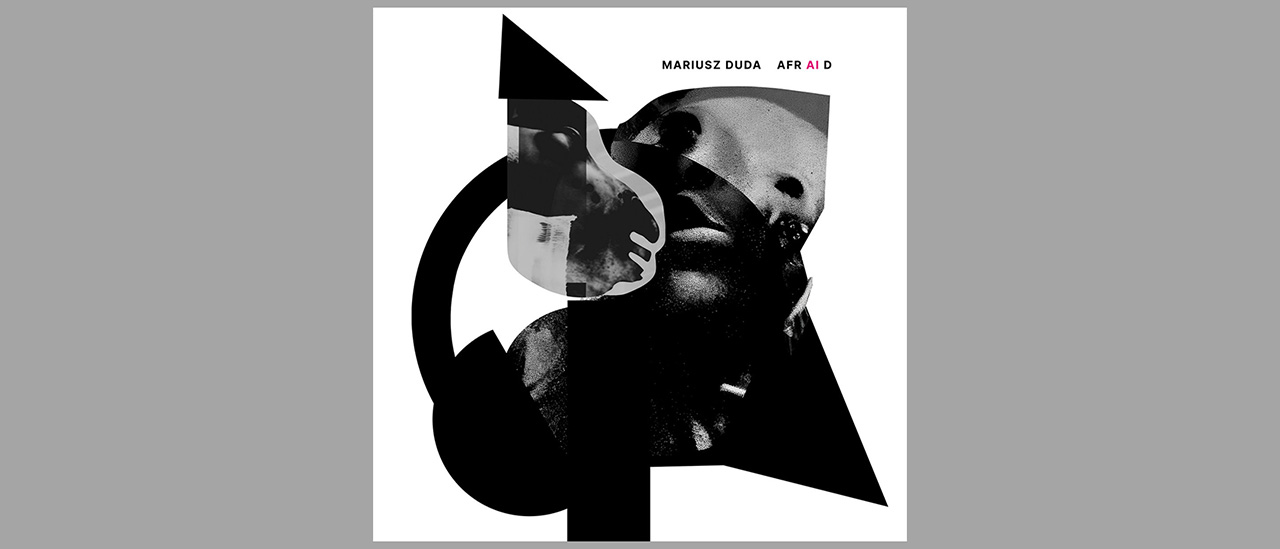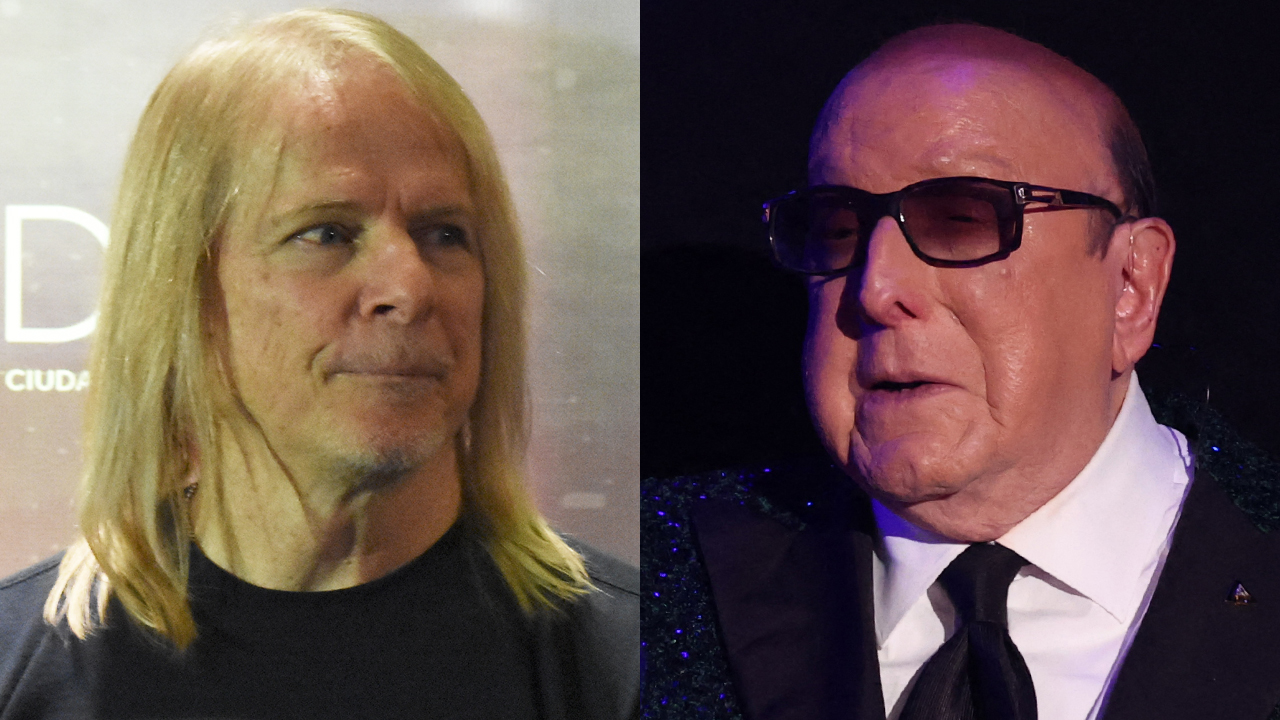You can trust Louder
It’d be easy to begin with a joke about AI writing it, but Prog is too classy for such an open goal. And indeed Mariusz Duda’s instrumental album is, he’s said, not intended to confirm society’s much-voiced fears about the growth surge of artificial intelligence in recent times.
Although the title AFR AI D – or specifically its typography – rings of “wake up, sheeple” bumptiousness, he eschews the obvious route and, overall, embraces the idea of new tools and “the future.” At least he does in his accompanying statements.
As an instrumental work, the album takes on its own identity, shapeshifting frequently. Let’s just hope it doesn’t lock the fridge or empty the bank account while we’re distracted by it.
Duda has established his musical career outside of accomplished Polish rock band Riverside with his mercurial Lunatic Soul project, and now he releases under his own name. His last offering, The Lockdown Trilogy, inspired by a youthful fondness for Tangerine Dream and Jean-Michel Jarre, was paranoid, intimate and wilfully unsettling. While it would be glib to suggest the changeable weather of this album constitutes a warmer, more welcoming work, it does often lean that way.
Apparently motivated by exploration of ChatGPT, Midjourney and deepfakes, it’s electronica with phases of shivering ominousness and chilly doubt, but also spells of receptive, wide-eyed wonder. And while Duda plays almost everything, the guitar solos from Mateusz Owczarek are a crucial element, coming in sparingly but conveying an effect which yields something human, emotive and reassuring. As if the robots are smiling and those smiles are convincing rather than uncanny.
The opener Taming Nightmares is a red herring, with spooky emissions (are those dogs barking?) and horror-movie drones and bleeps suggesting we’re in a twitchy twilight zone. This settles, though, into a cycle of electronics with a half-loping, half-limping gait. Good Morning Fearmongering is more mischievous and upbeat, while Fake Me Deep, Murf similarly seems more fascinated by tomorrow’s technology than wary of it.
Such tracks can be enjoyed without pondering Duda’s declared themes, but I Love To Chat With You, with treated voices wobbling in and out, is more explicitly on subject. Why So Serious Cassandra, with bouncy beats and velvety synth swathes, emphasises that Duda is opening channels, not calling for a ban on androids.
Sign up below to get the latest from Prog, plus exclusive special offers, direct to your inbox!
The finale, Embracing The Unknown, with keyboard notes introducing an edifice of percussive grandeur, is a stirring summing-up. His advocacy for AI is compelling. Let’s just hope musicians don’t come to look back on it as the serpent in Eden.
AFR AI D is on sale now via Kscope.
Chris Roberts has written about music, films, and art for innumerable outlets. His new book The Velvet Underground is out April 4. He has also published books on Lou Reed, Elton John, the Gothic arts, Talk Talk, Kate Moss, Scarlett Johansson, Abba, Tom Jones and others. Among his interviewees over the years have been David Bowie, Iggy Pop, Patti Smith, Debbie Harry, Bryan Ferry, Al Green, Tom Waits & Lou Reed. Born in North Wales, he lives in London.


